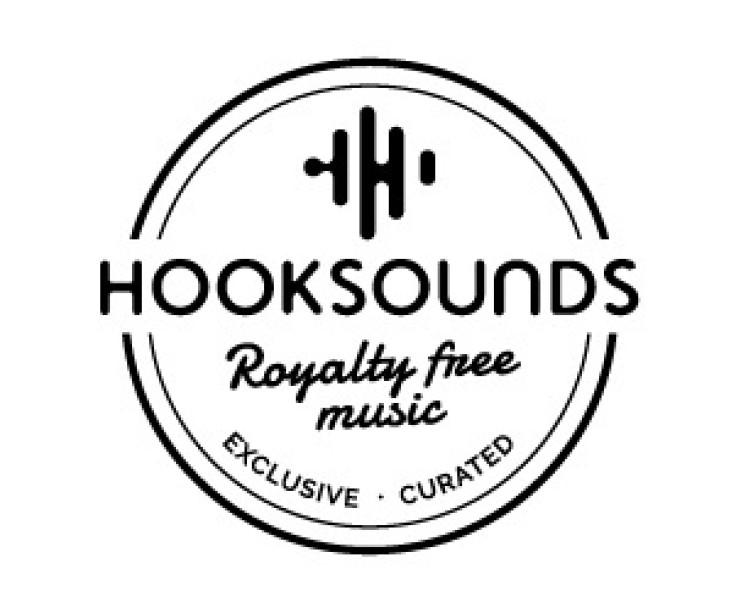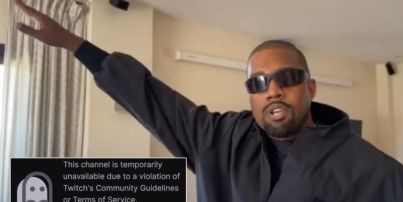
Lights, camera, action! Great music can make or break a commercial, but what about music licensing? Are you sure you understand how to use music legally in your ads and other commercial content? Are you sure you have the right to use that music? You better be because getting sued by an angry musician is not something you want to add to your already overflowing plate. So listen up and learn the dos and don'ts of using music in your commercial projects with this quick guide on what you need to know when using music for commercial use.
Understanding How Copyright Laws Work
Copyright laws are designed to protect creators. That means that anyone who copies or steals another person's work without permission is violating these laws. If you are planning on using music for commercial use, you must understand how copyright laws work before doing so. Copyright laws protect original works of art, literature, music, and other forms of expression for years after their creation.
Copyright laws protect creators by allowing creators to decide who can use their work and how it can be used. This means that if you want to use music for commercial use, you'll need to obtain permission from an owner of any applicable copyrights. You must understand what you are allowed to do with a creator's work before going ahead with your project.
If you create something using another person's intellectual property without getting permission first, you could face legal penalties or even have to pull your work from circulation altogether. Understanding how copyright laws work will help you avoid these issues in the future!
Finding and Buying Royalty-Free Music
Many people think it's illegal to use a song they find on YouTube, but it's not. However, there are some rules that you need to follow. The owners of that track can charge you with copyright infringement if you use their music for commercial purposes without permission from them. That's why it is best to buy royalty-free tracks and avoid any problems. There are many royalty-free stock music libraries out there offering hundreds or even thousands of high-quality tracks in all genres, so you should be able to find something suitable for your project.
Once you have chosen your music, make sure to read all licensing terms before downloading your files; most companies require you to credit them in return. Another option is to get custom royalty-free music made specifically for you (using samples of other songs).
If budget isn't an issue, then this may be an option worth considering. Otherwise, we would suggest sticking with standard royalty-free music files. This will save time when producing your video and keep costs down compared to getting licenses for each sample used.
Can I Get in Trouble for Using Royalty-Free Music?
The first thing to know about using royalty-free music for your commercials is that you are legally permitted to do so. Royalty-free music companies are licensed by the composer who allowed them to sell their track. You will not be subjected to legal action if you purchase a royalty-free track, pay the requisite licensing fee, and use it in your commercial.
Royalty-free music is an excellent option for businesses looking to use music in their videos, podcasts, or commercials. Although you don't have to pay royalties on these tracks, there are still some costs involved in purchasing them. Some websites charge per track, while others offer bundles. The price of each song varies based on usage.
Before choosing a song, make sure to read through a few reviews and check out its preview. This way, you'll know exactly what you're paying for when purchasing music from online websites or stores. Some websites even offer sample files so that you can listen to them before making a purchase decision.
© 2025 MusicTimes.com All rights reserved. Do not reproduce without permission.







